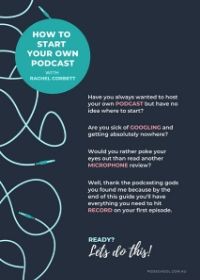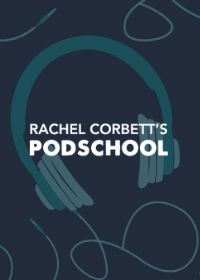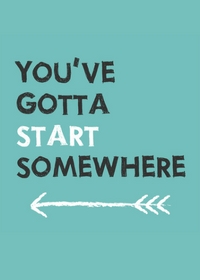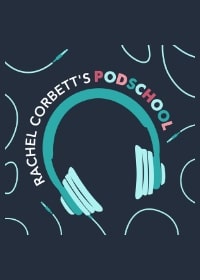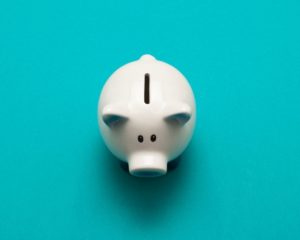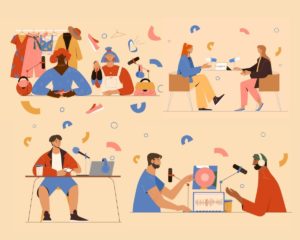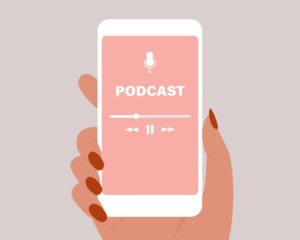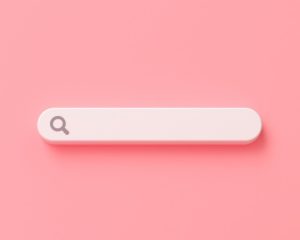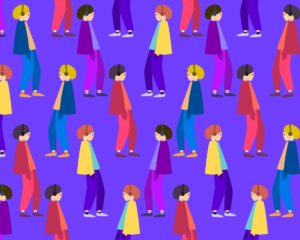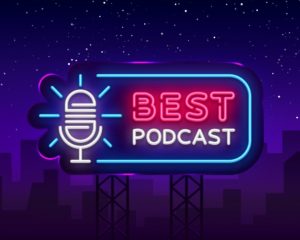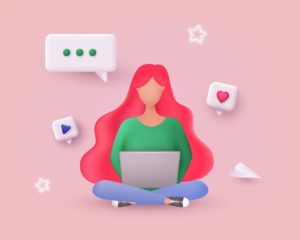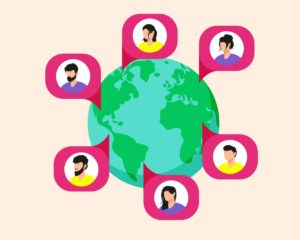
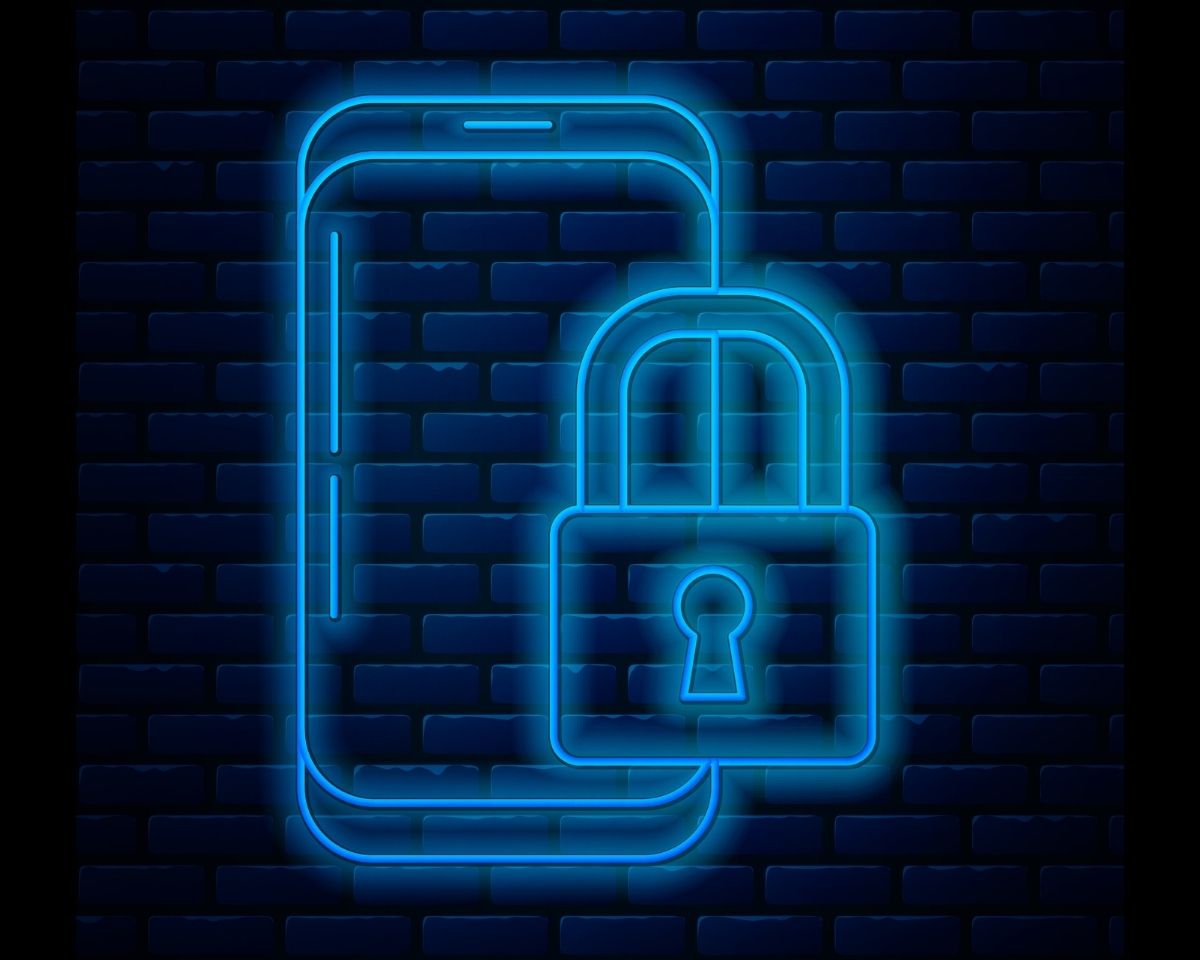
Why would you want to make your podcast private?
Ever since podcasts began they’ve been a public thing and the idea has been to get your show into as many ears and podcast apps as possible.
But what if you want to communicate with an audience privately but you still want them to have the same podcast listening experience they’re used to?
Well, that’s where private podcasts come in!
How do private podcasts work?
Private podcasts or feeds are also called ‘secure feeds’ or ‘restricted feeds’, depending on what platform you’re looking at and they are a great way to provide members-only content to people.
Each listener gets access to your podcast via their own private feed which is linked to their email address.
This unique link gives them access to restricted content via their favourite podcast app so they can listen to it in exactly the same way they listen to your regular content.
How do you create a unique private podcast link?
All you need to do is create a new restricted member in the back end of your podcast host (as long as they offer this feature), either individually or in bulk via a .csv file and the platform tech gurus do the rest.
If you need to remove someone because you don’t want them to have access anymore it’s as simple as deleting their profile.
Why would you create a private podcast?
You’re a business that wants to improve internal communications
If you’ve got messages you want to communicate but you’re getting the sense your employees would rather poke their eyes out than have ANOTHER email in their inbox, why not keep them updated via podcast?
You don’t need to create a production-heavy show with all the bells and whistles of something you’re used to seeing on the charts.
A private or restricted podcast for your business could be a simple audio message from your founder or comms department that’s a much more efficient and effective way to communicate with your team.
Since each listener’s unique feed is linked to their email address if someone leaves the company or no longer needs access to the content, you can just remove their email and they won’t be able to listen anymore.
You’re a school looking to expand remote learning options
Private podcast tech was pioneered by a podcast host that’s now been purchased by Spotify, Whooshkaa.
Originally, they created the technology because they saw an opportunity for businesses but when COVID-19 hit in 2020.
But they also saw an opportunity for schools that needed to work out how to provide education remotely.
With private podcasts, once a student has subscribed with their unique link, every lesson a teacher uploads will be immediately available on their phone.
You’re a podcaster who wants to offer private content to paying subscribers
One of the ways to monetise your content is by getting listeners to become members via sites like Patreon in exchange for bonus content.
Private podcasts give you the ability to make individual episodes private in your existing feed or create new feeds filled with private content only for subscribers.
This means you can give paying fans a way to listen to bonus content without having to leave their podcast app.
And if you’ve got a big back catalogue of episodes you could even set your archive to private so only paying subscribers can access shows beyond a certain date
Got another idea for how to use private podcasts? Leave a comment below.
Want to start your own podcast but need a little help? Download my “How To Start A Podcast” guide or sign up for my online podcasting course, PodSchool.
Hello there, fellow self-isolator! I hope you are safe and have a well-stocked toilet paper cabinet. As the world is still in lockdown, hopefully you're getting some time to work on your podcast or think a lot about one that you want to start. There are plenty of episodes here in the PodSchool Podcast to help you get your head around how to start a podcast and if you've already kicked one off to help you make some improvements to ensure that it is a kick arse show people love coming back to.
Today I wanted to talk about a brand new development in podcasting thanks to the podcasting platform Whooshkaa. It is the introduction of private podcasts, something that hasn't been around before and is really, really exciting because of the opportunities there are to do some really interesting things. So obviously with podcasting, the aim of the game has always been to get as many listeners as possible on your show and to have it available to absolutely everyone and to shove it in every podcast directory that's ever been created and shout about it loud and proud on your social media. Private podcasts are not about reaching all of the listeners in the world. They are about reaching a very specific audience that you want to talk to without that message being available to anybody else. You might be asking why the hell would anybody want a private podcast? And when Whooshkaa started them up, they were actually doing it to help businesses with their internal comms. There are departments in big businesses that are in charge of communicating with their entire workforce, and they have the same problems that a lot of online businesses have with open rates on their emails and getting their employees to actually engage with internal communications. And this was designed to be a way to provide audio content to people within a business that you want to communicate to that might be a little bit more engaging than just an email. Naturally, we're not talking about putting together Serial or This American Life or another big show. It's not heavy production content. This is really about getting messages out to employees inside an organisation in a way that might be more engaging than an email. So that's where it kind of kicked off. And then once COVID 19 hit and schools were faced with a bit of a conundrum regarding remote learning, Whooshkaa realised all this would be really great to help students and teachers with remote learning. And so they started offering the platform for free and they're actually going to offer private podcasts free until the end of the year for schools to help them get through this period because goodness knows how long we're going to be remote learning for. So if you are neither a business nor school, you might be asking, why do I care? And the answer is that private podcasts can provide a real opportunity for your paid podcast subscribers. But before I get to that, I just wanted to talk a little bit about how it works.
So obviously when you have a normal podcast, there is a single RSS feed that goes into directories and that is basically where each individual episode is being drawn from to pop up in people's podcast apps. What Whooshkaa have done with private podcasts is create an individual feed for every single user that is going to have access to that content. They get an individual link and they can click and open the content in any podcast app they want to listen to. So you don't have to create a separate app or have a separate site or anything like that. They can click on the feed and open it up in Apple Podcasts and then if you don't want them to get that content anymore you just delete their email address and they no longer have access to the content. So really the possibilities are endless with how we could use this technology.
Now, I've mentioned obviously the ways that businesses and schools could use this technology. But for you as a podcaster, the question I get asked more than any other is how do I make money off my podcast? If you only have a small number of listeners selling ads isn't going to be terribly lucrative for you. So you have to start thinking about other ways to make money from your show. I have another episode in this feed all about how to make money from your podcast. But it's important to get creative and naturally, one of the ways that people make money off their shows is by getting paid subscribers to their podcasts. So that doesn't mean subscribing in the way that we subscribe to a podcast. That means literally paying money, usually, a monthly recurring fee that people pay in exchange to keep the show on the air, but also to get additional content and access to merchandise or discount tickets or anything. The sky's really the limit in terms of the content you offer in exchange for somebody paying you. But one of the most popular and common ways to pay back people who subscribe to your show with money is to give them additional content. So sometimes that is a longer cut of the episode that went to air. Sometimes it can be extended interviews. It might be an additional show, some behind the scenes content or an ad-free version of the podcast that goes out on the regular feed. And one of the challenges to providing this content has been how do you offer it up in a way that means it is only accessible to the people who subscribe? I have tried to do this on podcasts I've worked on. We've done everything from password protected web pages to just thinking "let's send them a link to a webpage via email and hope they don't share it." But with this you can actually add your subscribers to a list and they can get access to an entirely private podcast feed.
So you might start an entirely new podcast feed just for your subscribers and only put private content into there or you can keep the same existing feed and just set some of your episodes to private. If you are already offering paid content to people. I hope this excites you because it really is an excellent and super, super easy way to dish out your content to paid subscribers. It is only available on the premium plans on Whooshkaa so just check out how much it would cost you to get access to the private podcasts feeds. I think this is really a game-changer when it comes to paid subscribers because of the ease of how they can access content exactly the same way they access your regular show. You're not having to educate them about another way to listen or taking them through another bunch of steps that complicate the process. They can just get the additional episodes right there in their podcast feed or subscribe to an entirely new private show. Exciting times. Always great when the tech starts to move in a way that you didn't anticipate, and then you're like, "Oh, what could we do with this?".
Hopefully, that's given you some ideas for how you can provide content to your paid subscribers. Or alternatively, if you have a business and you're thinking, "Damn it is hard to get people to open emails and we've got some messages we need to shove in people's faces!" This might be really useful for you. And of course, if you're a teacher in these COVID 19 times, another game-changer as well and offered for free by Whooshkaa until the end of the year.
Thanks so much for listening to this episode of the podcast. If you need a little more help getting your show off the ground, please check out my podcasting course PodSchool. You can find it at PodSchool.com.au. I will see you in the next episode and until then, happy podcasting.
